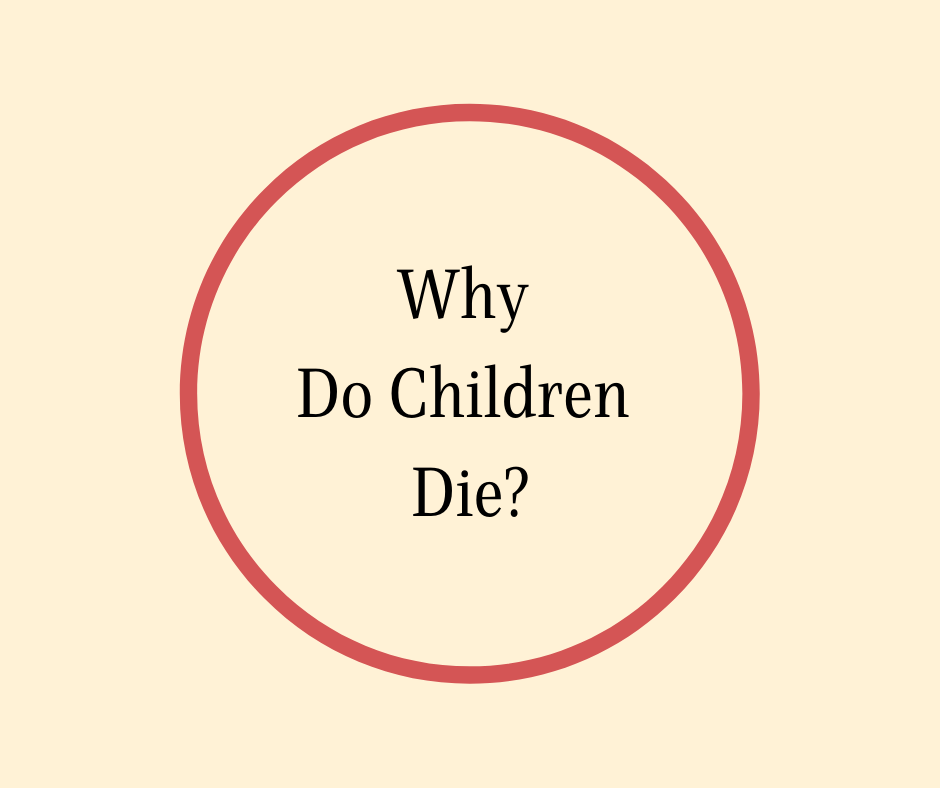Dear Barbara, We have added volunteers to our hospice services. How should we train them?
Start with asking them why they want to be a Hospice Volunteer. End of life brings many to our hospice doors for a variety of reasons. Family members we have just cared for while their loved one was dying are grateful and want to give back. They want to help us help others as they were helped. But not yet, their grief wound is too open. Rule of thumb for family members; wait a year then we would love to have your help.
Some people want to be a hospice volunteer because they have a religious agenda. They want to help people see the value in a relationship with God. Being a hospice volunteer is not a place to do that. It is not a reason for working with end of life. It is not a volunteer’s job.
A person who wants to be of service, wants to give back to the community, has some spare time on their hands, and is not overly uncomfortable with the concept of death—- this is our volunteer.
How to train hospice volunteers:
1. First, talk about them, about their motivations, their experiences with dying and death, their concept of what happens when death comes, of an after life.
Get these beliefs, thoughts, fears, experiences, and concerns out in the open. We in hospice need to help our volunteers develop a strong mental and emotional foundation before we put them in end of life situations.
Get to know these wonderful people. Help them get to know you. They are becoming part of the hospice “family.”
2. Outline a volunteer’s role, what is expected of them. Are they comfortable with direct family and patient interactions or would they rather help with community outreach or bereavement mailings and phones calls? There are many roles to fill. Not everyone is comfortable with direct people interaction.
3. Begin end of life instructions: signs of approaching death (months, weeks, days, hours), communication and listening skills, normal grief, basics in pain at end of life, symptom management, dementia at end of life, use of oxygen, foley catheter, and positioning. Not that they will be involved in any of the above but they need to have a basic knowledge.
4. Provide agency policies, protocols, do's and don’ts of what a volunteer can do and say; how to document visits and interactions. Explain the role of the hospice team, nurses, social workers, chaplains, bereavement coordinators, and how the volunteer interacts with them.
5. I would give each volunteer a copy of my book, The Final Act of Living and the booklet You Need Care, Too, to be read as homework assignments. I would show and discuss the DVDs This Is How People Die and Care For The Caregiver.
If you are a medicare hospice you already have your volunteer program in place, medicare oversees and actually micromanages what you can and cannot do. The above is thinking outside the box. An “if I could train volunteers working with end of life—hospice, Stephen Ministries, Parish nurses, the way I wanted to, this is what I would do” blog.








5 comments
Kathy
Dear Barbara,
I have been in hospice work for close to 25 years. I became aware of you early in my career and have learned so much from your writings and DVD’s. You have been a big part of my education. We have given “Gone From My Sight” to families for many years, and also to our volunteers. I have encouraged so many to avail themselves of your wisdom. I feel a connection with you on my hospice journey. Thank you so much for sharing your time, energy, and wisdom with the hospice community and beyond!
With Gratitude,
Kathy
———
BK Books replied:
Hi Hospice Sister Kathy, we’ve traveled an interesting road these many years haven’t we. Blessings to you and the work you are doing. Barbara
Dear Barbara,
I have been in hospice work for close to 25 years. I became aware of you early in my career and have learned so much from your writings and DVD’s. You have been a big part of my education. We have given “Gone From My Sight” to families for many years, and also to our volunteers. I have encouraged so many to avail themselves of your wisdom. I feel a connection with you on my hospice journey. Thank you so much for sharing your time, energy, and wisdom with the hospice community and beyond!
With Gratitude,
Kathy
———
BK Books replied:
Hi Hospice Sister Kathy, we’ve traveled an interesting road these many years haven’t we. Blessings to you and the work you are doing. Barbara
Lou
Dear Barbara,
After 30 years of counseling in my private practice and 7 years as a time of death volunteer at our locaI Hospice I was asked to take on the role of spiritual counselor in our small organization. That was 2 years ago. I’ve read every blog you’ve put out since then. I find your knowledge, experience, wisdom and insight to be immensely, time-sensitively helpful and guiding. Thank you for your gifts to all of us!
———
BK Books replied:
Thank you Lou, for your kind words. Blessings! Barbara
Dear Barbara,
After 30 years of counseling in my private practice and 7 years as a time of death volunteer at our locaI Hospice I was asked to take on the role of spiritual counselor in our small organization. That was 2 years ago. I’ve read every blog you’ve put out since then. I find your knowledge, experience, wisdom and insight to be immensely, time-sensitively helpful and guiding. Thank you for your gifts to all of us!
———
BK Books replied:
Thank you Lou, for your kind words. Blessings! Barbara
Linda Eggleston
Thank you so much, I am a Volunteer coordinator, and I do give my volunteers a copy of Gone from my sight, & You need care too. I appreciate you taking the time to include the volunteers who are so valuable to our Hospice program
———
BK Books replied:
Hi Linda, Volunteers began hospice. Originally they were the core. I began in hospice as a nurse volunteering 20 hours a week. Everybody volunteered. There was no revenue source. Donations, memorials and grants generally paid a director in those beginning days. I think it is important to honor those roots and keep volunteering an important part of the hospice program. Blessings! Barbara
Thank you so much, I am a Volunteer coordinator, and I do give my volunteers a copy of Gone from my sight, & You need care too. I appreciate you taking the time to include the volunteers who are so valuable to our Hospice program
———
BK Books replied:
Hi Linda, Volunteers began hospice. Originally they were the core. I began in hospice as a nurse volunteering 20 hours a week. Everybody volunteered. There was no revenue source. Donations, memorials and grants generally paid a director in those beginning days. I think it is important to honor those roots and keep volunteering an important part of the hospice program. Blessings! Barbara
Dennis Amato
Hello Barbara,
Where would you suggest a novice person begin looking into hospice volunteering? … public or private hospice care services?
I’m in Santa Rosa, CA.
Thanks,
Dennis
———
BK Books replied:
Hi Dennis, I don’t think not for profit or for profit can tell you if that is the kind of agency you want to volunteer for. I would interview all the hospices offered in your area, ask questions about their programs and training and from your interviewing select the hospice you feel the most comfortable working with. Good luck. Blessings! Barbara
Hello Barbara,
Where would you suggest a novice person begin looking into hospice volunteering? … public or private hospice care services?
I’m in Santa Rosa, CA.
Thanks,
Dennis
———
BK Books replied:
Hi Dennis, I don’t think not for profit or for profit can tell you if that is the kind of agency you want to volunteer for. I would interview all the hospices offered in your area, ask questions about their programs and training and from your interviewing select the hospice you feel the most comfortable working with. Good luck. Blessings! Barbara
Donna
Hi, I’ve been a volunteer for Hospice many years and I love it. Recently I had surgery for a Hiatal Hernia and haven’t been back as a Volunteer for a few months. Since this pandemic hasn’t gotten any better, I’m more concerned than ever to go back. If I do we have to wear a N95 Mask and Goggles. I’m hearing impaired and it’s makes it harder for the patients to hear me with the masks on. I feel like quitting Hospice, but feel I should keep it up. How should I handle this?
———
BK Books replied:
Hi Donna, I appreciate the challenges wearing a mask presents in hearing and speaking, also in showing when we are smiling. That said, we need to be wearing them right now. If you feel you cannot be comfortable and effective in your role rather than quitting you can ask if there is something you can do to help that isn’t direct patient/family interactions ( office/telephone). You can also put yourself on hold until masks aren’t required. I hate to see you walk away from something so fulfilling and meaningful to you. Blessings! Barbara
Hi, I’ve been a volunteer for Hospice many years and I love it. Recently I had surgery for a Hiatal Hernia and haven’t been back as a Volunteer for a few months. Since this pandemic hasn’t gotten any better, I’m more concerned than ever to go back. If I do we have to wear a N95 Mask and Goggles. I’m hearing impaired and it’s makes it harder for the patients to hear me with the masks on. I feel like quitting Hospice, but feel I should keep it up. How should I handle this?
———
BK Books replied:
Hi Donna, I appreciate the challenges wearing a mask presents in hearing and speaking, also in showing when we are smiling. That said, we need to be wearing them right now. If you feel you cannot be comfortable and effective in your role rather than quitting you can ask if there is something you can do to help that isn’t direct patient/family interactions ( office/telephone). You can also put yourself on hold until masks aren’t required. I hate to see you walk away from something so fulfilling and meaningful to you. Blessings! Barbara